Paraquat Gets EPA Thumbs Up: Advocates Get The Agency’s Middle Finger
Paraquat Gets EPA Thumbs Up: Advocates Get The Agency’s Middle Finger
The recent EPA endorsement of paraquat, despite mounting evidence linking it to Parkinson's disease (PD), is a profound betrayal of public trust. This decision, seemingly driven by corporate interests, disregards the health and well-being of communities across the nation, fueling an intensified wave of outrage and disappointment.
The EPA's report, touting the benefits of paraquat for crop production, is a stark slap in the face to those who tirelessly advocate for environmental safety.

THE WORLD’S SMALLEST RECHARGEABLE DBS IPG WITH REMOTE PROGRAMMING CAPABILITIES
It’s the World’s Smallest Rechargeable DBS IPG with Remote Programming Capabilities

3 Minute Test to Diagnose Parkinson’s Disease
Joy Milne is known the world over as the woman who can smell Parkinson’s. PD Avengers President Larry Gifford talked with her and Professor Perdita Barron, the Director of the Michael Barber Centre for Collaborative Mass Spectrometry at The University of Manchester, who’ve been working side by side hand to nose for years identifying what exactly it is that Joy smells and if it can be used as a way to diagnose Parkinson’s.

Planning for Prevention of Parkinson’s
Join us at the Liberty Hotel in Boston, MA or online from Sunday, October 2nd to Monday, October 3rd to explore and help shape designs for the first therapeutic trials to pursue Parkinson's disease prevention. View the agenda updated with new advocacy, regulatory, and industry perspectives.

PD Avengers Assemble - July 2022
Updates on Paraquat Lawsuits, PMD Alliance’s “All In” Conference, the inaugural Improv for Parkinson’s Summit, Every Victory Counts guide now available in Canada thanks to a collaboration between Davis Phinney Foundation and Parkinson’s Canada and more.

